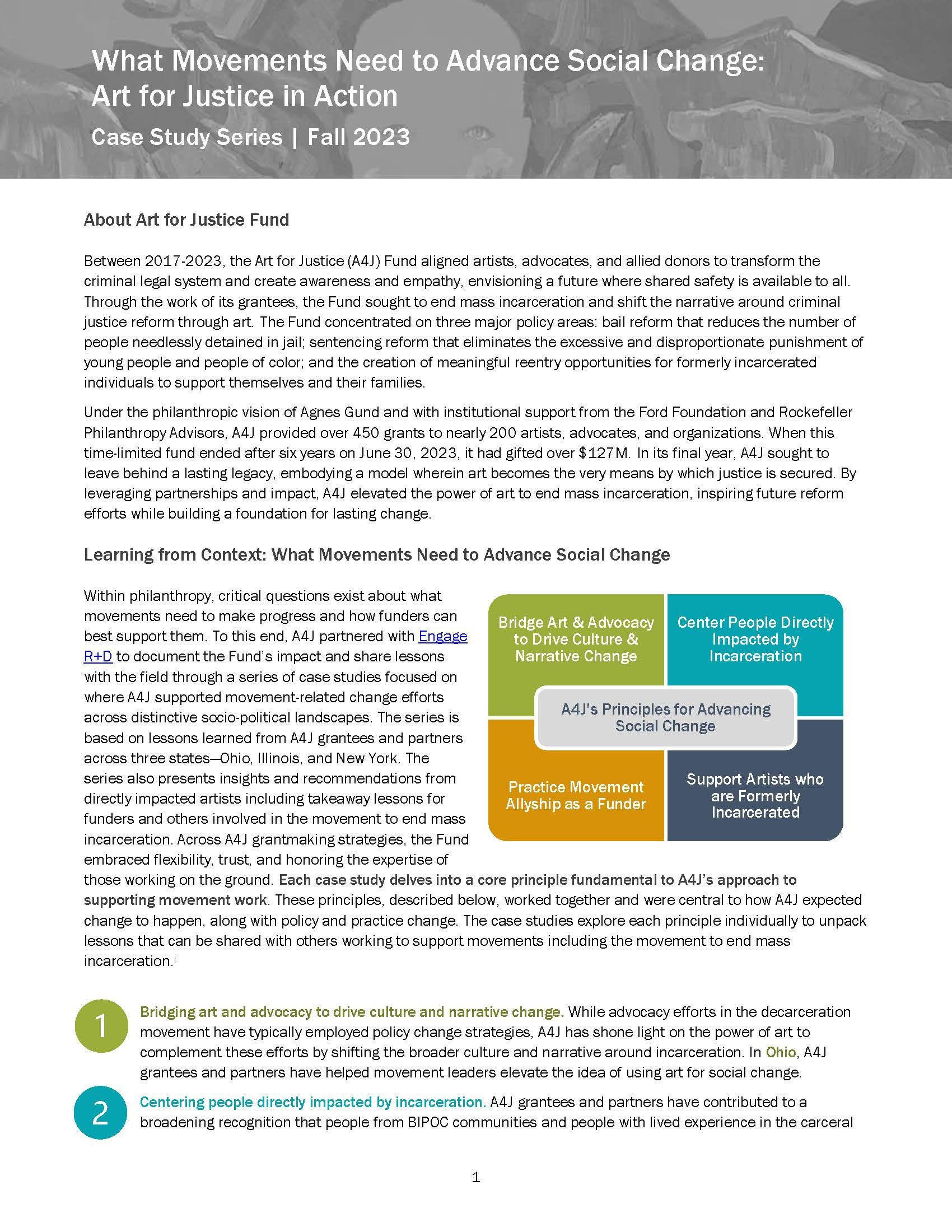Two new briefs share lessons from past philanthropic crisis responses and a call to action for keeping learning central to philanthropy’s response.
The polycrisis of 2020 — spanning a pandemic, racial justice uprisings, and threats to immigrant and low-wage communities — pushed philanthropy to act with urgency and creativity. Funders streamlined processes, took bold risks, and discovered that learning wasn’t a nice-to-have. It was what kept their response grounded and impactful.Now in 2025, we are again in turbulent waters: rising authoritarianism, backlash to equity work, and burnout across the sector. And yet, the learning infrastructure that helped philanthropy navigate the last crisis feels like it’s fraying — just when we may need it most.
To support the field, we are sharing two complementary resources:
Joint Field Brief
With the Center for Evaluation Innovation, The James Irvine Foundation, and The California Endowment, we’re sharing a call to action for funders and boards to protect and strengthen learning capacity.
What Movements Need to Advance Social Change
In Fall 2023, Engage R+D created a series of case studies focused on where A4J supported movement-related change efforts across distinctive socio-political landscapes. The series is based on lessons learned from A4J grantees and partners across three states—Ohio, Illinois, and New York. The series also presents insights and recommendations from directly impacted artists including takeaway lessons for funders and others involved in the movement to end mass incarceration.
Case Studies:
Forging Connections Between Artists & Advocates
In Spring 2023, the Fund partnered with Engage R+D to better understand how grantees built and strengthened their relationships with one another through a grantee survey and social network analysis. This report synthesizes findings that show how relationships have formed among grantees and served to integrate arts and advocacy work to end mass incarceration. The report also includes grantee perspectives on how A4J has supported progress in narrative change and criminal justice policy.





